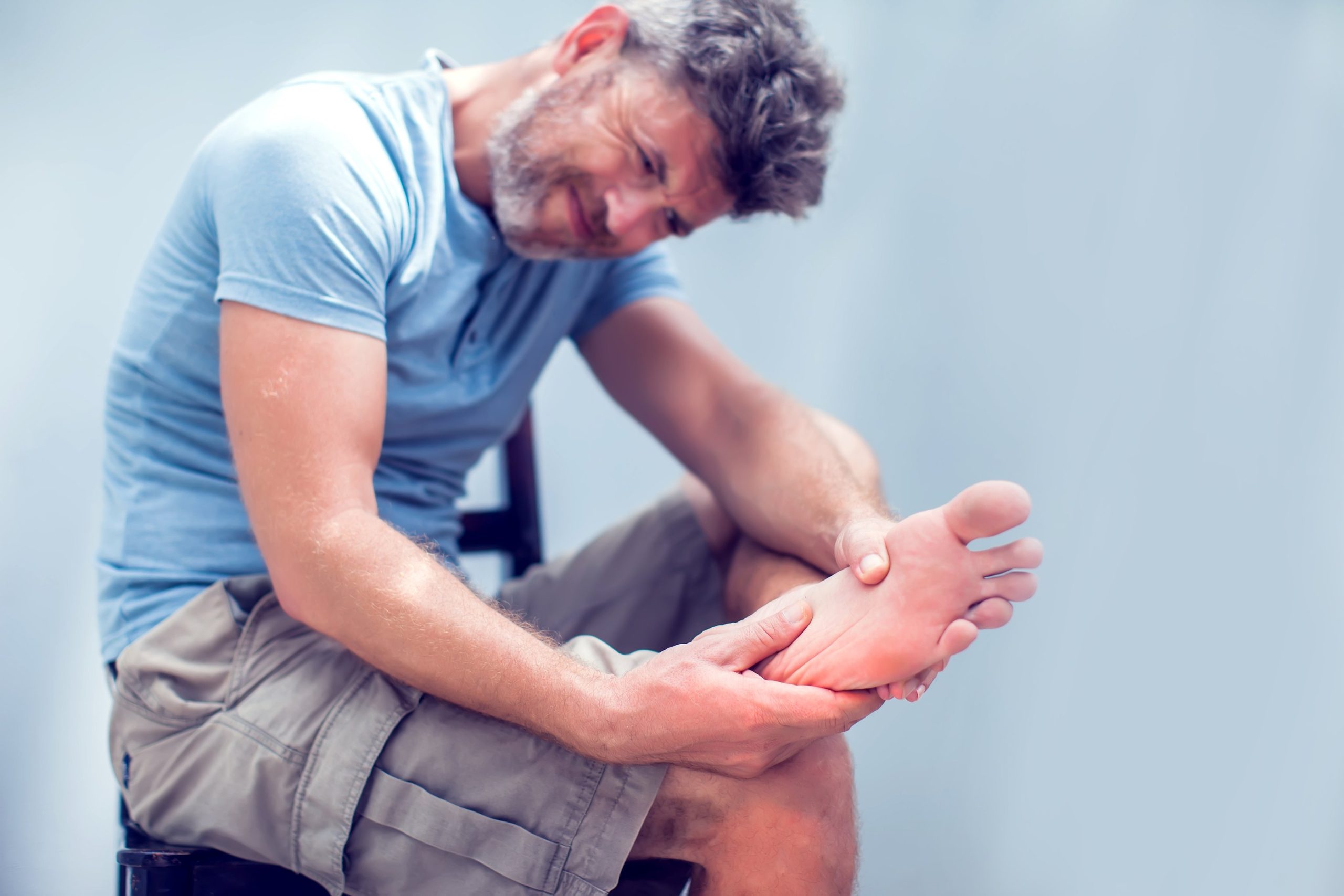
In today’s high-pressure office environments, stress and poor workplace habits don’t just affect productivity—they can have lasting effects on employee health. One of the most overlooked risks is neuropathy, a condition that damages the nerves and can be worsened by long hours of sitting, poor ergonomics, and unchecked stress.
That’s where the MIT-educated sisters, now respected business consultants, step in. Known for blending neuroscience insights with management consulting, they specialize in coaching teams not only to thrive professionally but also to protect their long-term health. Their unique program teaches employees practical strategies to prevent neuropathy while transforming negative office dynamics into collaborative energy.
Confronting the Five Office Sharks
When the sisters first walk into a new workplace, they don’t start with spreadsheets or endless meetings. Instead, they identify what they call the “Office Sharks”—the five types of personalities whose negative energy quietly drags down entire teams:
-
The Complainer Shark – always focused on what’s wrong.
-
The Gossip Shark – spreading distraction and mistrust.
-
The Control Shark – micromanaging until morale sinks.
-
The Silent Shark – disengaged and uncommunicative.
-
The Sabotage Shark – resisting progress at every turn.
By addressing these dynamics head-on, the sisters help transform sharks into allies. Their coaching shifts the focus from criticism to contribution, from conflict to collaboration. Once the office energy is repaired, employees become more open to adopting healthy habits—like those that prevent neuropathy.
10 Office Tips to Protect Your Team from Neuropathy
The sisters don’t just stop at leadership coaching. They train staff to incorporate health-preserving practices directly into the workday. Here are their 10 essential office tips to reduce the risk of neuropathy and keep employees energized:
-
Posture Check Every Hour – Encourage employees to sit upright, feet flat, shoulders relaxed, and screens at eye level.
-
Two-Minute Stretch Breaks – Gentle stretches of wrists, neck, and back prevent nerve compression.
-
The 20-20-20 Rule – Every 20 minutes, look 20 feet away for 20 seconds to reduce eye and nerve strain.
-
Desk Ergonomics – Adjustable chairs, keyboard placement, and proper lighting reduce stress on the nervous system.
-
Hydration Culture – Dehydration makes nerve pain worse. Teams are encouraged to keep water visible on desks.
-
Walking Meetings – Replacing some sit-down discussions with walking meetings increases circulation.
-
Hand and Foot Exercises – Small tools like stress balls or foot rollers keep nerves stimulated.
-
Screen-Free Lunches – Stepping away from monitors allows the nervous system to recharge.
-
Micro-Mindfulness Moments – One minute of deep breathing lowers stress and improves nerve health.
-
Buddy Accountability System – Employees remind each other to move, stretch, and hydrate throughout the day.
These simple adjustments not only reduce the likelihood of neuropathy but also improve focus, morale, and overall productivity.
From Negative Energy to Positive Impact
What makes the MIT consultant sisters different is their holistic approach. They don’t separate business performance from employee well-being. Instead, they teach that healthy employees are the foundation of successful organizations.
By converting office sharks into supportive team members and training staff on nerve-protective habits, they create workplaces where people want to show up—and where business results follow naturally. Companies report not only fewer sick days and health complaints but also higher levels of creativity, cooperation, and job satisfaction.
Why This Matters for Your Business
In an age where burnout and chronic health issues are rising, leaders cannot afford to ignore workplace wellness. Neuropathy is just one example of how office environments can silently harm employees. The sisters’ program addresses both the mental and physical roots of these issues.
They help businesses move from reactive health measures—like covering medical costs after illness—to proactive solutions that prevent problems before they start. This shift saves money, boosts productivity, and strengthens company culture.
Take the Next Step
If your workplace struggles with negative energy or you want to give your team tools to protect themselves from neuropathy and other stress-related health risks, the MIT consultant sisters are ready to help. Their coaching is practical, science-based, and tailored to the realities of modern office life.
To schedule a consultation, please visit: https://brodyandcobusinessservices.com/
